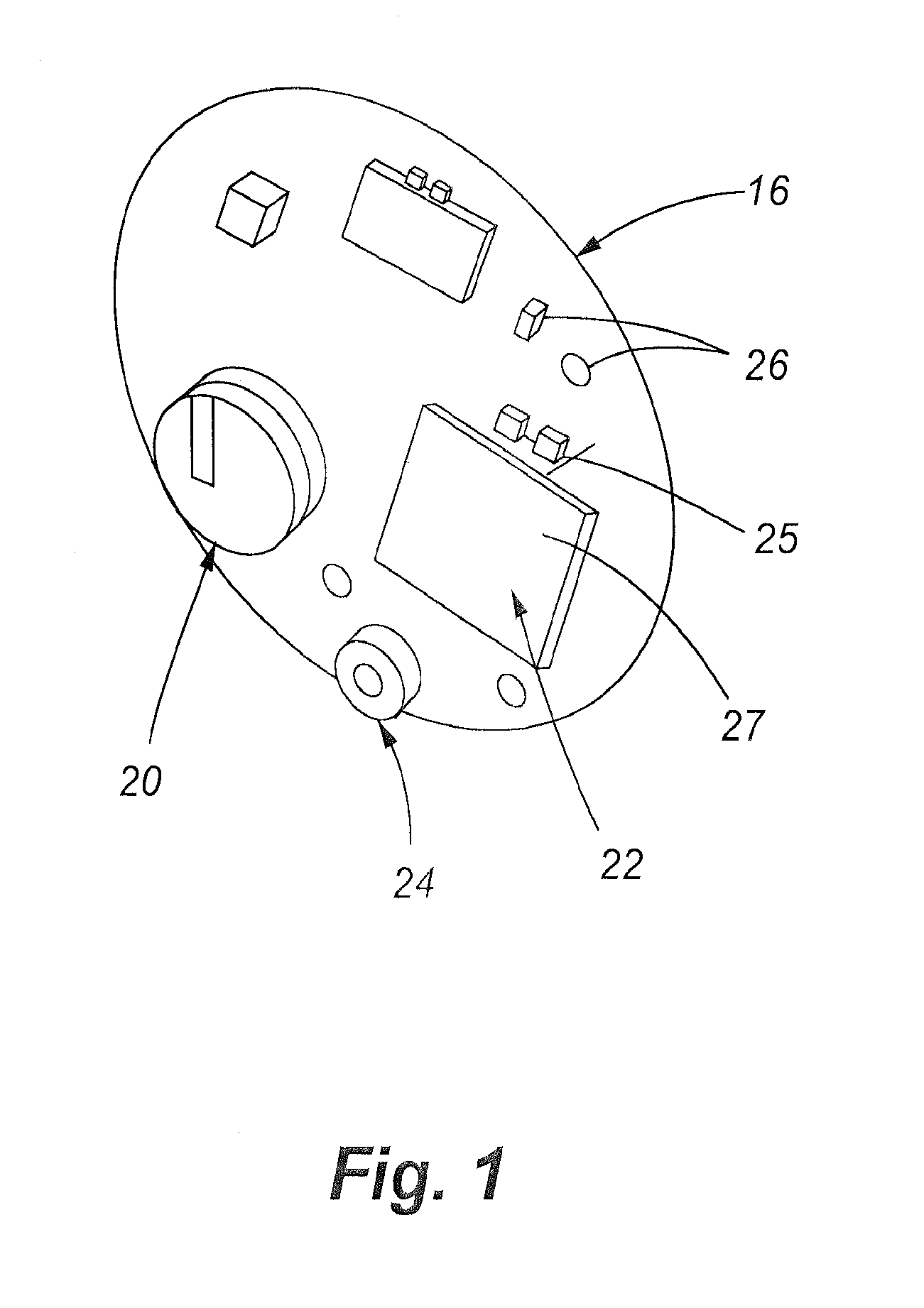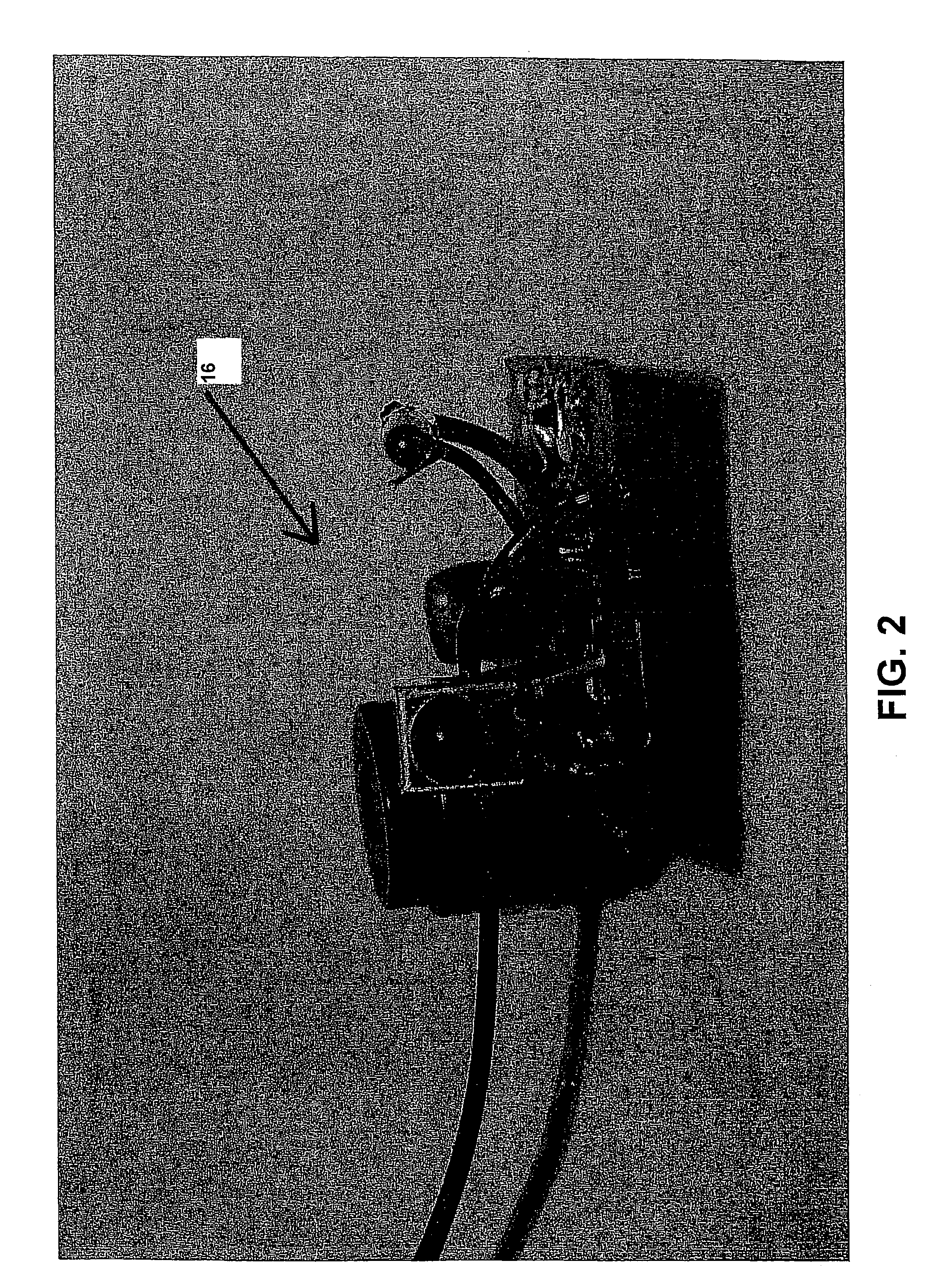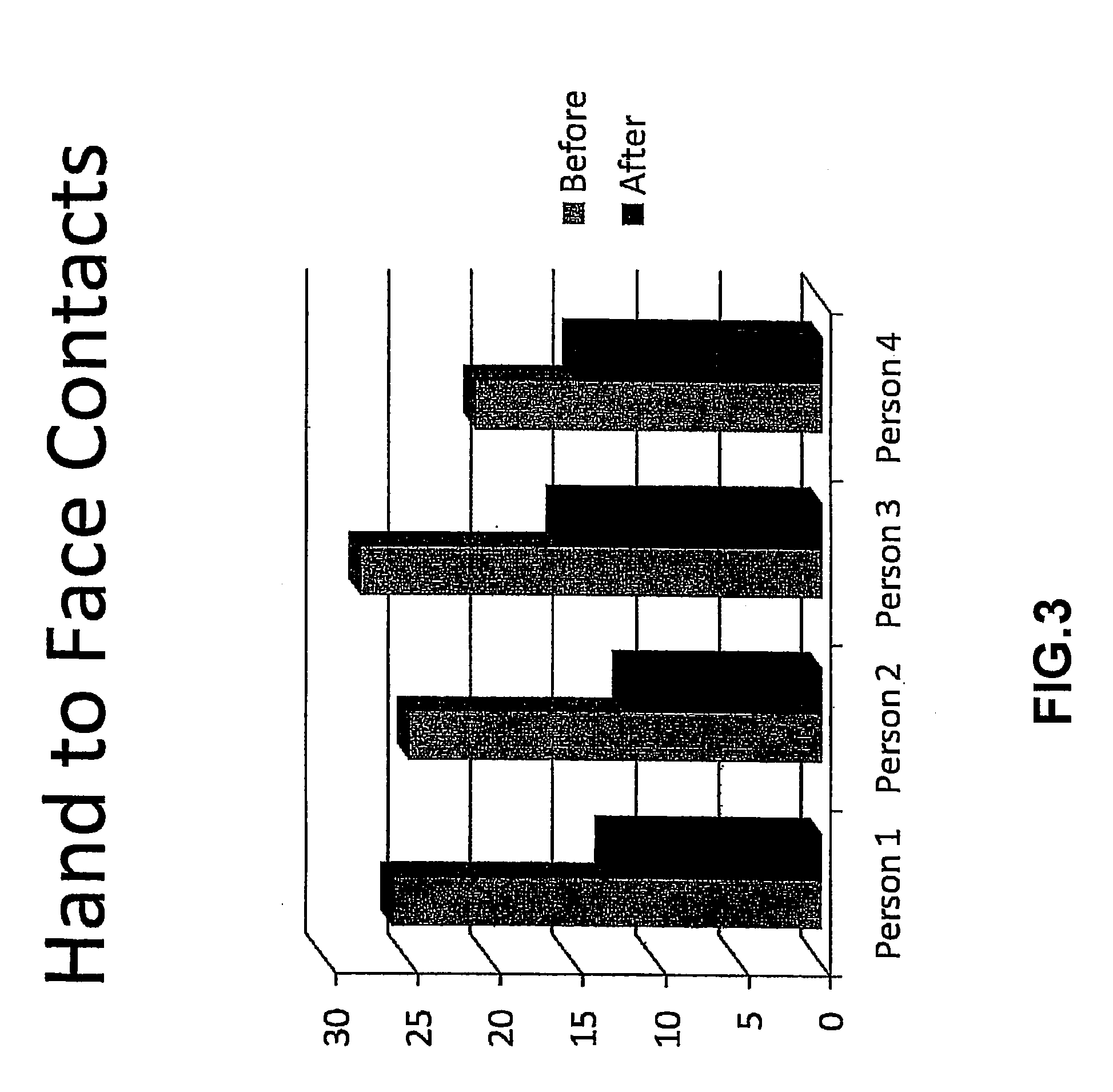Method and system for preventing virus-related obesity and obesity related diseases
a virus-related obesity and obesity-related disease technology, applied in the field of virus-related obesity and obesity-related obesity related diseases, can solve the problems of insufficient practice, ineffective limitation of transmission of flu and cold, etc., and achieve the effect of preventing possible, reducing the number of unfavorable hand-to-face contacts, and maximizing the utilization of time in the vehicl
- Summary
- Abstract
- Description
- Claims
- Application Information
AI Technical Summary
Benefits of technology
Problems solved by technology
Method used
Image
Examples
Embodiment Construction
[0085]Various embodiments of the invention are now described with reference to the Figures. The embodiments of the present invention, as generally described and illustrated in the Figures herein, could be arranged and designed in a wide variety of different configurations. Thus, the following more detailed description of several exemplary embodiments of the present invention, as represented in the Figures, is not intended to limit the scope of the invention, as claimed, but is merely representative of some of the embodiments of the invention.
[0086]The word “exemplary” or “preferred” is used herein to mean “serving as an example, instance, or illustration.” Any embodiment described herein as “exemplary” is not necessarily to be construed as preferred or advantageous over other embodiments.
[0087]As used herein, the terms “an embodiment,”“embodiment,”“embodiments,”“the embodiment,”“the embodiments,”“one or more embodiments,”“some embodiments,”“certain embodiments,”“one embodiment,”“ano...
PUM
| Property | Measurement | Unit |
|---|---|---|
| distances | aaaaa | aaaaa |
| distances | aaaaa | aaaaa |
| distances | aaaaa | aaaaa |
Abstract
Description
Claims
Application Information
 Login to View More
Login to View More - R&D
- Intellectual Property
- Life Sciences
- Materials
- Tech Scout
- Unparalleled Data Quality
- Higher Quality Content
- 60% Fewer Hallucinations
Browse by: Latest US Patents, China's latest patents, Technical Efficacy Thesaurus, Application Domain, Technology Topic, Popular Technical Reports.
© 2025 PatSnap. All rights reserved.Legal|Privacy policy|Modern Slavery Act Transparency Statement|Sitemap|About US| Contact US: help@patsnap.com



